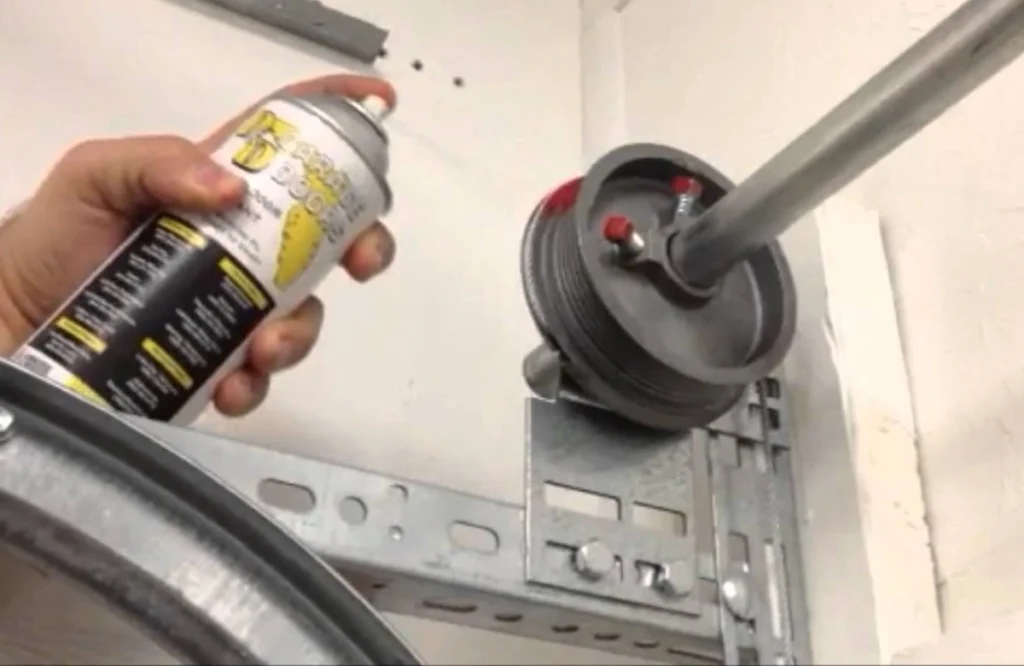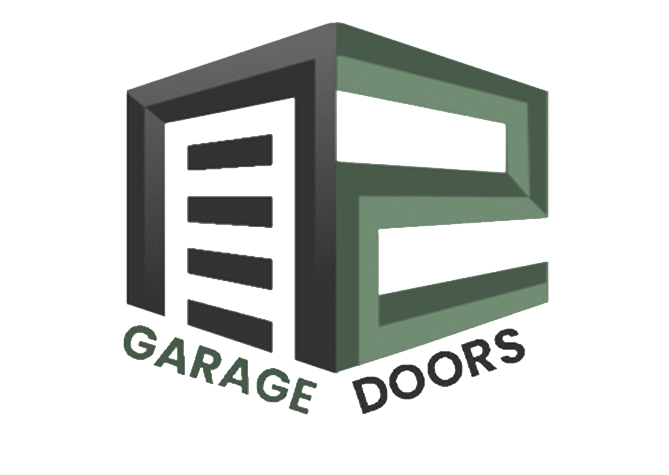Extending Garage Spring Life: Expert Tips for Texas Heat
How to Protect Your Garage Door Springs in Woodlands’ Extreme Climate
Texas heat and humidity can wreak havoc on garage door springs, leading to premature wear and costly replacements. With proper garage spring maintenance , you can double the lifespan of your torsion or extension springs—saving hundreds in garage door spring replacement costs.
In this guide, you’ll learn:
✔ The best lubrication schedule for Texas summers
✔ How humidity accelerates wear (and how to fight it)
✔ When to DIY vs. call a Woodlands garage door pro
✔ Real-world examples of spring failures in local homes
Let’s keep your garage door running smoothly through 100°F summers and 90% humidity.
Why Texas Weather is Tough on Garage Springs
Garage door springs are under constant tension, and extreme weather makes their job harder:
Heat’s Impact on Springs
- Metal fatigue accelerates at high temperatures
- Lubricants dry out faster, increasing friction
- Daily expansion/contraction weakens coils over time
Humidity’s Hidden Damage
- Rust forms 3x faster in coastal climates
- Salt air corrosion near Houston/Galveston
- Moisture attracts dirt, creating abrasive paste on springs
Did You Know?
Torsion springs in The Woodlands typically last 5–7 years vs. 10+ in drier states. Proper maintenance can add 3–5 years to their lifespan.

5 Essential Garage Spring Maintenance Steps for Texas Homes
1. Lubrication: The #1 Spring Extender
Primary KW: garage spring maintenance
Best Products for Texas Climates
- Silicone-based lubricant (won’t attract dirt like WD-40)
- White lithium grease (for torsion spring coils)
- Dry Teflon spray (for extension springs)
Lubrication Schedule
Here is lubrication schedule for torsion springs
| Season | Frequency | Key Areas |
| Early Summer | Heavy coat | All coils, bearings, rollers |
| Monthly Jun–Sep | Light spray | Spring coils only |
| Post-Rainstorm | Check/apply | Focus on rust-prone areas |
Pro Tip: Avoid over-lubricating—excess grease attracts grime.
2. Humidity Control in the Garage
Simple Moisture Reducers
✔ Desiccant packs near springs ($10/month)
✔ Ventilation fan to circulate air
✔ Dehumidifier for attached garages
Local Example: A home in Creekside Park cut spring rust by 60% after installing a solar-powered attic fan.
3. Regular Wear Inspections
Signs Your Springs Need Attention
✅ Visible rust (especially at coil contact points)
✅ Stretching/gaps in extension springs
✅ Loud popping when door operates
✅ Door struggles to open (springs losing tension)
DIY Test:
- Disengage opener (use manual release)
- Lift door halfway—if it won’t stay, springs are failing
4. Cleanliness Matters
Dust + humidity = abrasive sludge on springs. Monthly:
- Wipe springs with microfiber cloth
- Vacuum tracks to prevent debris buildup
- Rinse salt residue after coastal storms
5. Professional Tune-Ups
Even with perfect DIY care, springs need pro attention every 2 years:
- Torque testing (measures remaining lifespan)
- Re-balancing (adjusts cable tension)
- Bearing replacement (prevents uneven wear)
When to DIY vs. Call a Woodlands Garage Door Pro
Safe DIY Tasks
✔ Lubrication
✔ Visual inspections
✔ Cleaning
Leave to Professionals
❌ Spring replacement (high tension = danger)
❌ Cable adjustments (snaps can cause injury)
❌ Opener re-programming for balanced loads
Cost Comparison:
| Service | DIY Cost | Pro Cost |
| Spring lubrication | $10/year | $35/service |
| Full spring replacement | $50 (parts) | 225–
225–450 (installed) |
Did You Know?
90% of garage door injuries occur during DIY spring repairs (Consumer Product Safety Commission).
Real-World Spring Failures in The Woodlands
Case Study 1: Sterling Ridge Home
Problem: Unlubricated torsion spring snapped in July heatwave
Result: $385 emergency replacement + damaged panels
Could’ve Been Prevented By: Biannual pro maintenance
Case Study 2: Grogan’s Mill Townhouse
Problem: Rusted extension springs collapsed after hurricane flooding
Result: Needed full system upgrade ($1,200)
Prevention: Storm-prep lubrication + post-flood inspection
How Often Should Woodlands Homeowners Replace Springs?
| Spring Type | Avg. Lifespan | Texas Adjusted |
| Torsion | 10,000 cycles | 5–7 years |
| Extension | 8,000 cycles | 4–5 years |
1 cycle = 1 open/close
Typical home uses 3–5 cycles daily
Final Wording: Protect Your Investment
Texas weather will always challenge garage springs, but proper maintenance can add years of safe operation. Remember:
- Lubricate monthly in summer
- Inspect for rust/stretching
- Call pros for tension work
Need a Spring Check-Up?
🔧 Book our “Spring Tune-Up Special” – Includes:
✔ Full lubrication
✔ Torque testing
✔ Safety inspection
Contact for a free quote!
📞 Contact Us Now | 🌐 View Our Services

